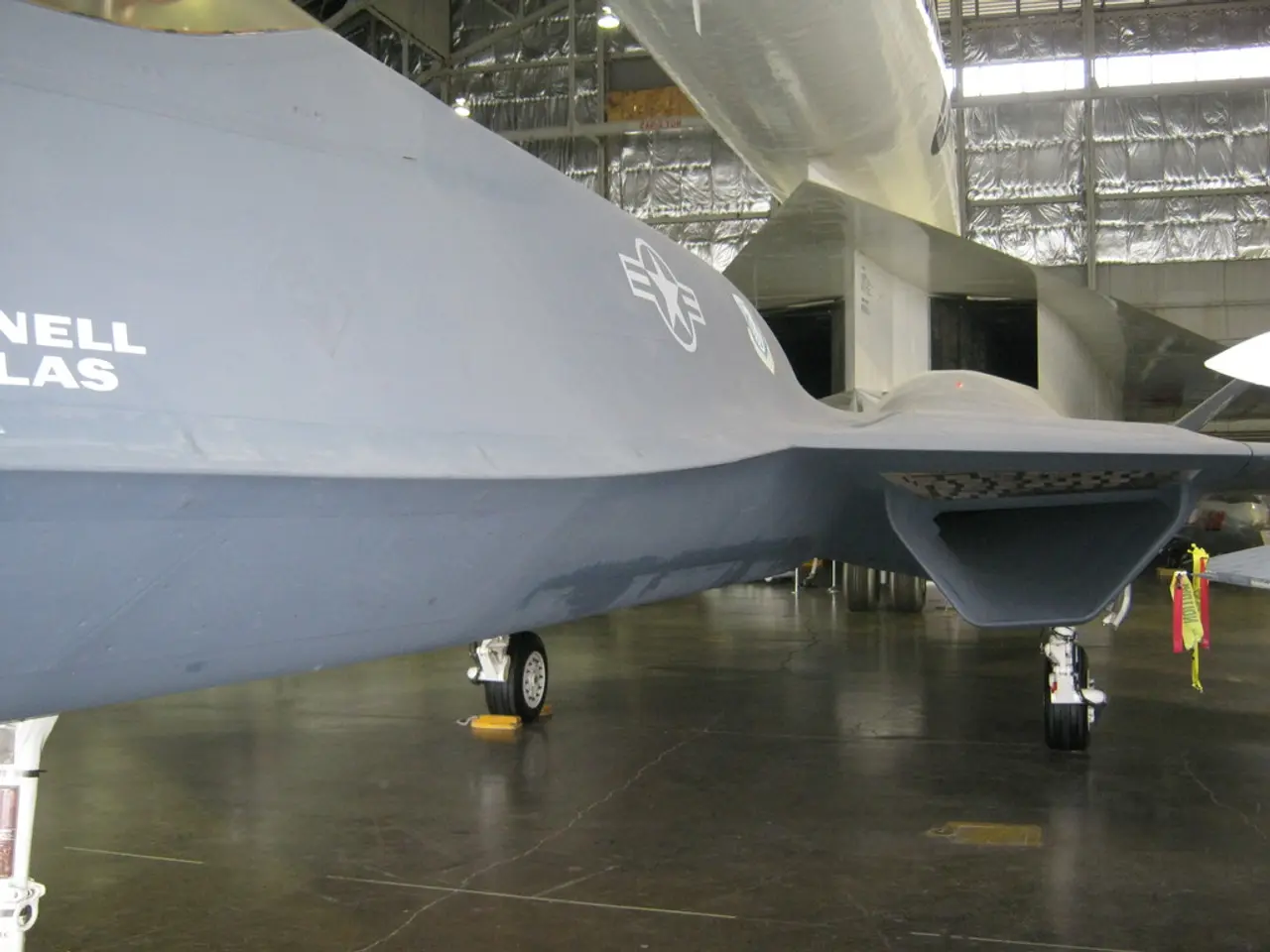Aeroflot Hack Incident Highlights Importance of Corporate Cybersecurity Measures
In a shocking turn of events, Russia's flagship carrier, Aeroflot, experienced a massive cyberattack on July 28, 2025, grounding over 100 flights and causing widespread disruption. The financial damage from this incident is expected to be significant, potentially in the tens of millions of dollars.
The attack crippled Aeroflot's IT infrastructure, causing airport terminals in Moscow to fill with confused passengers and leaving the company's website, app, and call center unresponsive. Pro-Ukrainian hacker groups, Silent Crow and Belarus Cyber-Partisans, claimed responsibility for the breach and exfiltrated up to 20 terabytes of sensitive data, including customer records, internal communications, operational schedules, and more.
The incident has sparked a flurry of activity from Russian prosecutors, who have opened a criminal investigation into the incident, and lawmakers, who are now calling for systemic reforms in national cybersecurity.
To avoid incidents like the Aeroflot hack, large organizations can adopt a multi-layered, proactive strategy that includes server protection, data security, continuous threat monitoring, and employee education. Key measures include:
- Implementing regular security audits, vulnerability scanning, and risk assessments to identify and prioritize critical assets and potential attack vectors.
- Adopting established cybersecurity frameworks such as the NIST Cybersecurity Framework (CSF 2.0), CIS Controls, or ISO/IEC 27001, which provide structured methodologies and best practices for managing cybersecurity risks systematically.
- Enforcing the least privilege principle by restricting user access strictly to necessary permissions and reviewing access rights frequently to minimize insider or compromised credential risks.
- Installing advanced threat detection technologies, including AI and machine learning, which can monitor systems in real-time and detect anomalies or emerging threats before they cause damage.
- Developing and testing robust incident response plans alongside maintaining data backup and recovery plans to ensure quick recovery in case of an attack.
- Strengthening cloud security with proper configurations, encryption, and access controls because cloud environments are increasingly targeted.
- Conducting regular cybersecurity awareness training for employees to address risks like phishing, social engineering, and safe handling of sensitive data.
- Securing network infrastructure, including Wi-Fi with strong encryption, segmented guest access, and enforcing policies on personal devices (BYOD), to limit entry points exploited by cybercriminals.
By combining technology, policies, and people-focused security awareness, organizations can create a resilient defense posture, reducing the likelihood and impact of cyberattacks.
In the case of Aeroflot, the attack was facilitated by outdated software, weak password hygiene, a flat network architecture, lack of monitoring and detection, and no effective incident response plan. This underscores the importance of regular updates, strong password policies, network segmentation, and robust incident response plans in preventing such incidents.
The reputational damage from the Aeroflot cyberattack is significant, particularly among business travelers and international partners. The company's credibility has been damaged due to outdated technology, poor crisis communication, and apparent mismanagement. A clear, fast response is critical to limiting damage-technically and reputationally, in the event of a major incident.
If sensitive personal data was compromised, Aeroflot may face legal scrutiny, especially from international regulators if foreign citizens were affected. Employees are often the first line of defense against cyberattacks, and regular cybersecurity training, phishing simulations, and clear escalation protocols are essential to minimize human error.
Access privileges should be strictly limited, logged, and regularly reviewed to prevent attackers from gaining excessive control. In the aftermath of the Aeroflot cyberattack, it is clear that a proactive, multi-layered approach to cybersecurity is crucial for large organizations to protect themselves and their customers from such incidents.
- The cyber attack on Aeroflot, in addition to causing financial damage in the tens of millions of dollars, also resulted in the exfiltration of up to 20 terabytes of sensitive business data, highlighting the significance of technology in cybersecurity for large organizations.
- To prevent a repetition of such incidents, large businesses need to implement robust cybersecurity measures, such as continuous threat monitoring, data security, and employee education, with a focus on proactive strategies and proactive defense postures.




